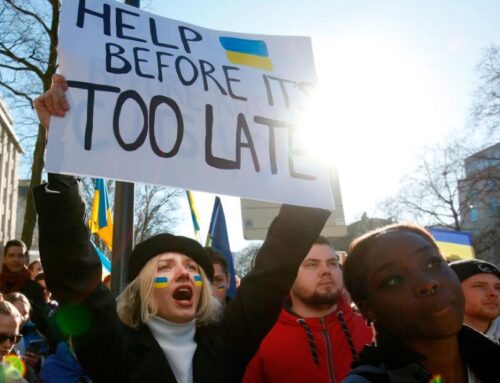It has been two weeks since the tragic school shooting in Parkland Florida which claimed the lives of 17 high school students. How are your children dealing with this tragedy, especially your younger children? Are they worried about whether their school is safe?
The National Association of School Psychologists (NASP) suggests the following points to emphasize when talking to children about the school safety issue in the aftermath of such tragedy:
Schools are safe places. Assure your child that the school staff work with parents and public safety providers (local police and fire departments, emergency responders, hospitals, etc.) to keep them safe. Remind them of their specific school’s emergency procedures (good for you parents to know as well).
We all play a role in the school safety. Tell your children to be observant and let an adult know if they see or hear something that makes them feel uncomfortable, nervous or frightened. Remind them that there is a difference between reporting, tattling and gossiping. They can provide important information that may prevent harm either directly or anonymously by telling a trusted adult what they know or hear.
Don’t dwell on the worst possibilities. Although there is no absolute guarantee that something bad will never happen, it is important for them to understand the difference between the possibility of something happening and the probability that it will affect their school.
Sometimes people do bad things that hurt others. Explain that these people may be under the influence of drugs or alcohol, unable to handle their anger, or suffering from mental illness. Let your child know that adults (parents, teachers, police officers, doctors, faith leaders) work very hard to get those people help and keep them from hurting others. Remind him or her that it is important for all of us to know how to get help if we feel really upset or angry and to stay away from drugs and alcohol.
Stay away from guns and other weapons. Make sure they tell an adult if they know someone has a gun. Again, it is not snitching, it is being brave and saving lives.
Our older children may be focused on how the Parkland students have quickly and powerfully responded to the tragedy with spontaneous student-led, anti-gun rallies which they organized and successfully carried out in Florida. These students channeled their trauma and grief into immediate action, and are planning a rally called March for Our Lives, which is scheduled for March 24 in Washington D.C. and in sister cities around the nation. They have targeted lawmakers and the NRA for their collective refusal to consider gun control as a solution to gun violence.
Talk with your high school children about these students, their amazing resilience and their impressive newfound activism. Remind them that the Freedom Riders, who rode integrated buses into the segregated deep South to force them to acknowledge that segregated buses had been outlawed by the Supreme Court, included teenagers no older than some of these high schoolers. They can read about some of those Freedom Riders here. Remind them as well that the #BlackLivesMatter movement, also led by young people, has been conducting anti violence rallies and has been focused on gun control legislation since its inception in 2013. They can read about this here.
Lots to discuss, and it’s important to have these discussions.





